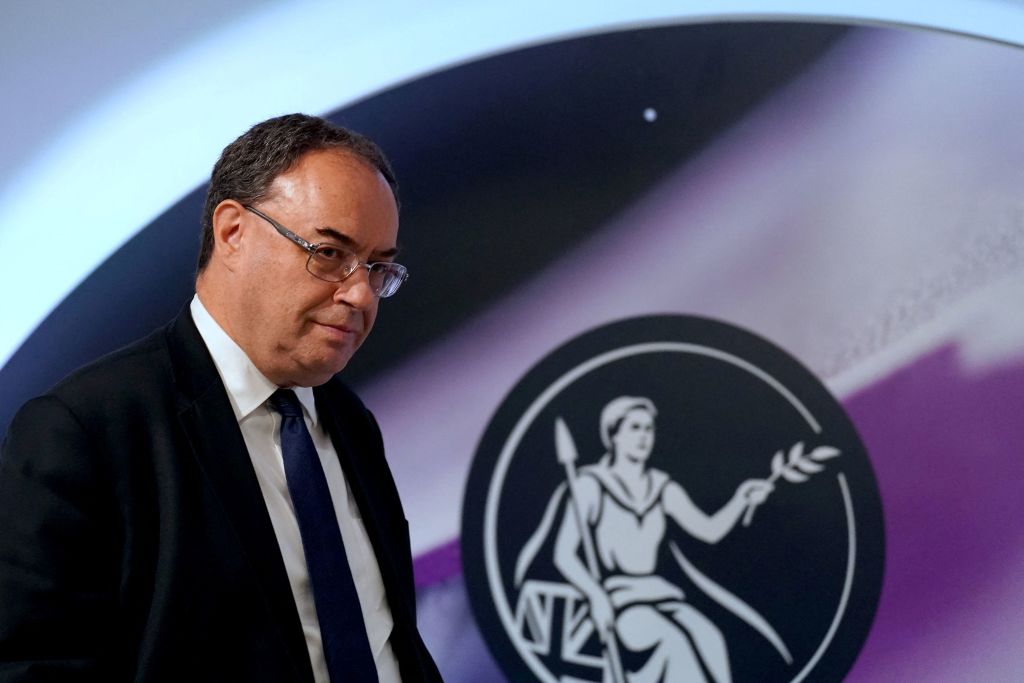Who, or what, is responsible for the UK’s sky-high inflation rate? Not me, says the Bank of England’s governor. Andrew Bailey has pointed the finger at a number of causes: pandemic and lockdowns, Russia’s war against Ukraine and Britain’s tight labour market. But he singled out one group in particular – early retirees – as a contributing factor for the recent inflation spike:
‘If those workers have accumulated enough savings to sustain a desired level of consumption much like the one they had before their early retirement, at least for a while, aggregate demand will not have fallen by as much as aggregate supply…we should expect this to put upward pressure on inflation in a way that would call for a higher level of interest rates to dampen demand.’
Is Bailey right in shying away from the Bank’s role in failing to tackle inflation? His comments at the London School of Economics certainly raise a number of questions, not least whether the absence of older workers from the workforce is responsible for the labour crunch? And is the overall labour shortage to blame for inflation?
On the first point: while the economy is missing the contributions of older workers after the pandemic, The Spectator’s Data









Comments
Join the debate for just $5 for 3 months
Be part of the conversation with other Spectator readers by getting your first three months for $5.
UNLOCK ACCESS Just $5 for 3 monthsAlready a subscriber? Log in